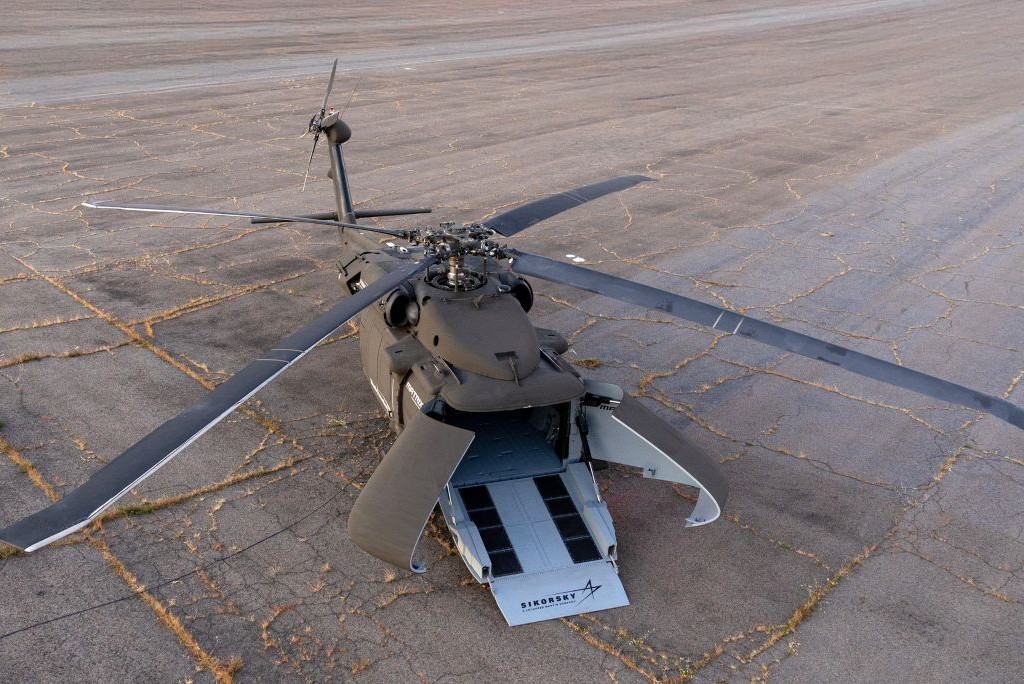Reevaluation of U.S. Military Aid: Implications for Ukraine and Geopolitical Stability
Recent Developments in U.S. Arms Support
A suspension of U.S. arms transfers to Ukraine, specifically the temporary hold on approximately 30 Patriot missiles, has raised considerable doubts in Moscow regarding Washington’s commitment to its allies. Russian leaders, including Kremlin spokesperson Dmitry Peskov, have publicly articulated their belief that this pause indicates a weakness in the U.S. defense posture. Peskov remarked that the production of missiles cannot keep up with demand, exacerbated by additional commitments to other allies, such as Israel.
Russian Perspectives on Western Support
The CEO of Russia’s direct investment bank, Kirill Dmitriev, emphasized on social media platform Telegram that this decision casts uncertainty over the West’s capacity to maintain its support for Ukraine and questions the strategic priorities of U.S. defense policy. As analyses from both domestic and international experts indicate a heightened sense of urgency surrounding aid to Ukraine, the strategic landscape appears increasingly precarious.
Escalation of Russian Military Actions
In light of these developments, Moscow has intensified its missile strikes across Ukraine, targeting both military and civilian infrastructures. Analysts like Konrad Muzyka from Rochan Consulting predict that June will see Russia exceed 5,000 missile launches, a testament to their aggressive strategy despite claims to the contrary from Russian officials. Reports from the Institute for the Study of War suggest that reducing U.S. military assistance could unwittingly nourish President Vladimir Putin’s ambitions, allowing him to pursue incremental territorial gains while underestimating Western resolve.
Evaluating the Strategic Pause
The rationale provided by the White House and Pentagon for this arms pause centers on the need for a comprehensive review of U.S. stockpiles. Despite the critical role that Patriot missiles have played in Ukraine’s defense architecture, logistical demands and production limits pose significant challenges. Former officials have voiced skepticism regarding the prudence of this decision. Notably, Jake Sullivan, a former National Security Advisor, challenged the justification rooted in military readiness, asserting that support under the Ukraine Security Assistance Initiative is established through procurement contracts and not direct Pentagon stockpile allocations.
Perspectives on Defense Readiness
Notably, military analysts argue that the requirements for Ukrainian defense capabilities—including Patriot missiles, GMLRS precision rockets, and Hellfire anti-tank munitions—remain modest compared to broader U.S. defense readiness objectives. Observations from Colby Badhwar lend credence to worries that the pause may not only undermine Ukrainian resilience but also compromise U.S. national security interests.
Geopolitical Risks and Domestic Production
The difficulties in meeting Ukrainian defense needs coincide with increasing demand for advanced weaponry among NATO allies. A recent assessment by the RAND Corporation highlights that the U.S. faces a critical juncture, needing to balance domestic production capabilities with international commitments. The complexity intensifies as NATO’s support and procurement agency has initiated a $5.6 billion order for Patriot missiles and associated systems, with deliveries projected far beyond immediate requirements.
The Challenge of Threat Assessment
Discrepancies in threat assessments between U.S. officials and their European counterparts may further complicate strategic decision-making. Brian Finlay, president and CEO of the Stimson Center, expressed concern that U.S. perception of military threats diverges significantly from views in Europe, reflecting a potentially dangerous underestimation of Putin’s ambitions in the region.
Conclusion: Navigating Future Support
As the U.S. navigates its complicated relationship with Ukraine and faces mounting geopolitical pressures, the question remains: Can the U.S. afford to withhold critical military support in the face of escalating Russian aggression? The operational and strategic calculus surrounding the provision of military hardware will need to carefully weigh the short-term implications for Ukraine against long-term national security risks. The decision-making process will be pivotal as U.S. leaders grapple with the unfolding crisis and its broader implications for global stability.





